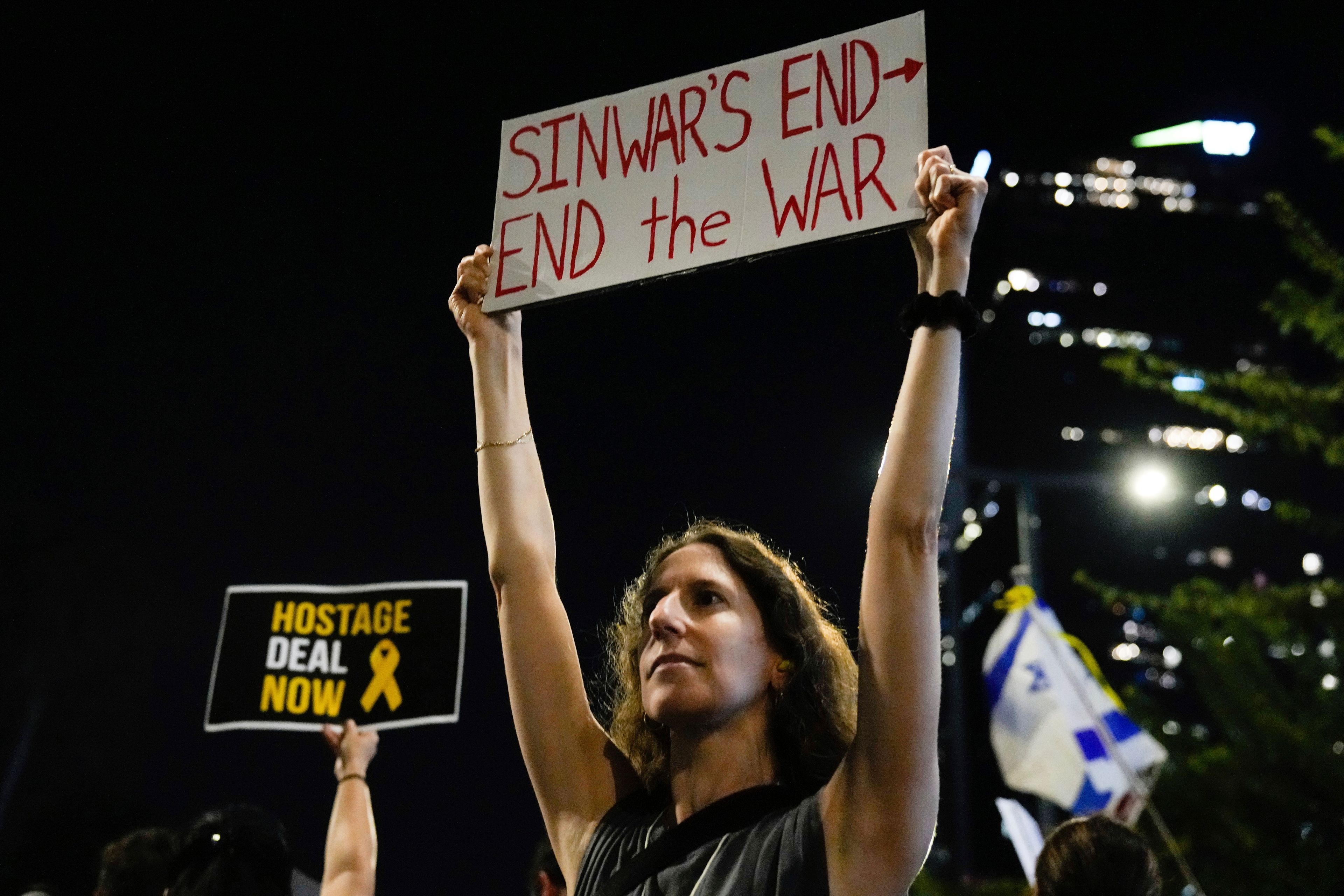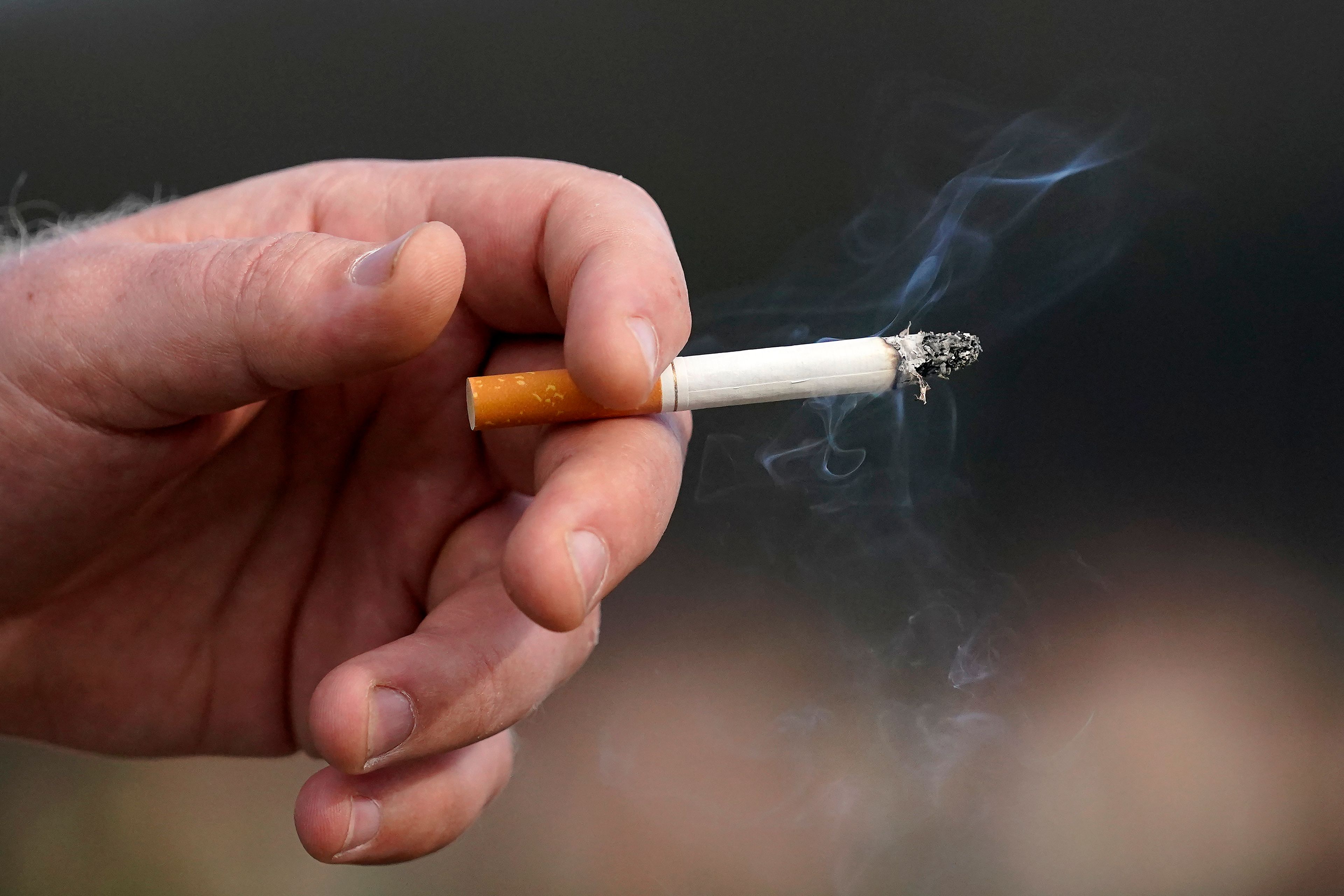Trump’s deference to Putin back under harsh scrutiny
WASHINGTON — President Donald Trump’s deference to Vladimir Putin is back under the microscope amid accusations that he ignored intelligence that Russia offered to pay Taliban militants to kill U.S. troops in Afghanistan.
Democrats returning from a classified briefing at the White House on Tuesday pledged to get to the bottom of the matter and questioned whether the president was aware of the intelligence and why he hasn’t retaliated against Moscow.
“The president called this a hoax, publicly,” said Rep. Steny H. Hoyer, D-Md., the House majority leader. “Nothing in the briefing that we have just received led me to believe it is a hoax.”
Trump tweeted two days earlier that reports of Russian bounties could be “another fabricated Russia Hoax” and claimed that intelligence officials “did not find this info credible, and therefore did not report it to me.”
The president has said nothing critical of Moscow or indicated that he would take new steps to protect troops serving in Afghanistan, where he’s focused on withdrawing U.S. forces after nearly two decades of conflict.
The New York Times reported Monday that information about Russian bounties had been included in February in the presidential daily brief, a top-secret summary of the nation’s intelligence. The Associated Press reported that intelligence on the topic began circulating in the White House last year.
Joe Biden, the former vice president and Trump’s presumptive Democratic opponent in this year’s election, said it was “a dereliction of duty” if Trump refused to read his intelligence report or failed to take action if he was briefed on the issue.
“This president talks about cognitive capability. He doesn’t seem to be cognitively aware of what’s going on,” Biden said during an appearance in Wilmington, Delaware.
U.S. spies and analysts are reportedly examining whether Russian payments can be tied to the death of any U.S. troops, with the deaths of three Marines killed by a car bomb on April 8, 2019, being a main focus. Moscow has denied any role.
“I find it inexplicable in light of these very public allegations that the president hasn’t come before the country and assured the American people that he will get to the bottom of whether Russians are putting a bounty on the heads of American troops, and that he will do everything in his power to make sure that we protect American troops,” said Rep. Adam B. Schiff, D-Calif., chair of the House Intelligence Committee.
Trump’s refusal to confront Putin continues a pattern of submissive behavior toward the autocratic Russian leader. Trump welcomed Moscow’s interference in his successful campaign for the presidency, then sought to limit the subsequent investigation led by Robert S. Mueller III.
And Trump withheld military assistance for Ukraine, which is battling Russian aggression, as he attempted to force the Eastern European country to investigate his political enemies, including Biden.
Republicans did not criticize Trump directly, but they expressed concern about the intelligence collected on Russian bounties.
“I want to be absolutely clear that America’s adversaries should know, and they should have no doubt, that any targeting of U.S. forces — by Russians, by anyone else — will face a very swift and deadly response,” said Rep. Liz Cheney, R-Wyo.
Senate Majority Leader Mitch McConnell, R-Ky., said Russia should “absolutely not” be allowed back into the Group of Seven leading industrial nations, an idea floated by Trump. Moscow was booted after its invasion of Crimea six years ago.
The latest controversy threatens to exacerbate the partisan divide over intelligence issues that has widened since Trump’s election. Although there’s a bipartisan tradition of holding joint briefings, administration officials met with Republicans on Monday and Democrats on Tuesday.
Mike Rogers, a former Republican congressman from Michigan who chaired the House Intelligence Committee, said the separation was “unfortunate” because “you want everybody to hear the same thing.”
Holding separate sessions raises the question, “Are they crafting a message? Or are they getting a briefing?” he said.
Administration officials have reserved their harshest condemnation for the media and their anonymous sources. Robert O’Brien, Trump’s national security advisor, said late Monday night that officials who leak classified information “betray the trust of the people of the United States.”
He also claimed that the allegations regarding Russian bounties “have not been verified or substantiated,” and Trump “had not been briefed on the items.”
Officials appear to be drawing a distinction between a verbal briefing and inclusion in the president’s daily brief. Trump is widely known to avoid reading the document, which has alarmed national security experts who fear the president’s ignorance is leaving the country vulnerable. He also meets with intelligence officials for briefings less often than his predecessors.
“A president who neither reads the PDB nor takes daily in-person briefings on its content is like a wrestler who puts on a blindfold and earmuffs before a match,” tweeted David Priess, a former CIA official who wrote a book about how presidents receive intelligence.
Schiff said including intelligence about Russian bounties in Trump’s written briefing is no excuse to avoid directly confronting the president with the information.
Administration officials may be reluctant “to brief the president on things he doesn’t want to hear, and that may be more true with respect to Putin and Putin’s Russia than with respect to any other subject matter,” Schiff said.
“You brief the president in the manner in which he or she receives information. If a president doesn’t read the briefs,” he said, “it doesn’t work to give him written product and not tell him what’s in it,” Schiff said.
Schiff added: “If he doesn’t read, he doesn’t read. They should know that by now. And if something the president needs to know before he talks to Putin needs to be shared with him, it needs to be shared with him in the form that he takes it.”
Reports of Russia-financed violence against U.S. troops comes as Washington is gradually withdrawing its forces from Afghanistan. Pentagon officials said the number of troops has been brought down to about 8,600 troops, from 12,000, ahead of schedule.
At the same time, U.S. diplomats are working to launch “intra-Afghan” talks as the next step in a peace process that envisions a role for the Taliban in government.
The talks were supposed to begin March 10, but the Taliban and Afghan officials have continued to bicker over prisoner releases and bomb attacks that killed dozens of people, mostly civilians, in recent weeks. The Taliban blamed those massacres on al-Qaida.
Under the peace deal reached with Washington, the Taliban agreed to disavow al-Qaida and prevent it from harboring inside Afghanistan. But a recent report from the United Nations said the Taliban has not broken its ties to the terrorist group behind the 9/11 attacks.
A spokesman for the Taliban, Suhail Shaheen, said Tuesday that U.S. Secretary of State Michael R. Pompeo telephoned the chief Taliban negotiator late Monday to urge an end to violence, according to news agencies’ translation of Shaheen’s Twitter feed.
Shaheen said the reports on bounties did not come up in the conversation, but he quoted the negotiator, Abdullah Ghani Baradar, as saying, “According to the agreement, we do not allow anyone to use Afghan soil against the U.S. and other countries.”
There was no immediate comment from the State Department.









